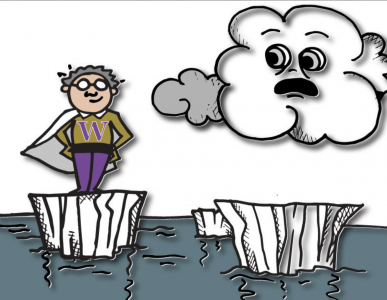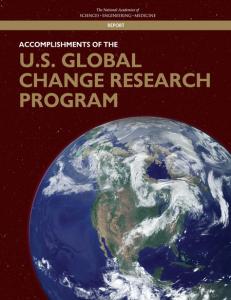In India, Experts Look to Climate Trends to Tackle Malnutrition
By Disha Shetty / NewsDeeply
Officials are increasingly looking to climate data to predict droughts, famines and heat waves and to help plan for – and prevent – the rising rates of moderate and severe malnutrition that have been shown to follow.

